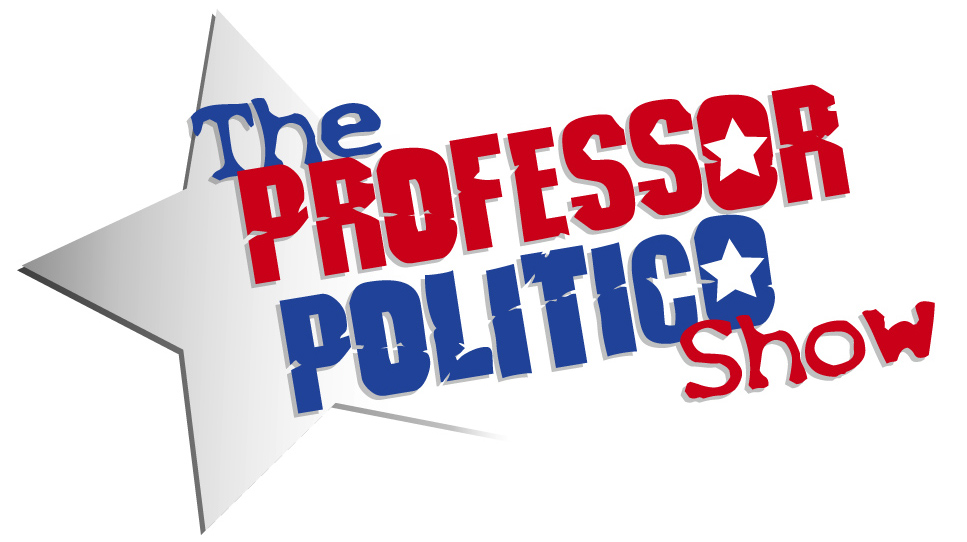The Internet, that miraculous series of tubes, is a wonderful, relatively new platform that allows everyone to have a voice, much like in the days of yore when news was spread by word-of-mouth. To date, the Internet has remained blissfully free of government regulation. Its backbone resting in the private sector, requiring no licensing for use, and is seemingly beyond the reach of those who would like government regulation of online behavior such as "hate" speech, obscenity, and too much control by a few corporations.
So everyone should be thrilled that the Internet can deliver unprecedented levels of free speech, right?
Maybe not.
From Pajamas Media:
In a recent editorial, the NY Times welcomed federal regulation of the Internet under the benign-sounding cause “net neutrality,” warning us that Internet service providers might suppress ideas they do not like. The Times ignores the fact that the First Amendment is designed to protect us
against suppression of ideas by the government, not the private sector, which has neither the power nor the motive to suppress ideas.Moreover, as the Las Vegas Review-Journal tells us, “Net neutrality is a solution in search of a problem.” It has not been given a chance to surface, much less an opportunity for the marketplace to fix this hypothetical problem. It is a weak reason to allow the irreversible step of government regulation.
Another party that is uncomfortable with free speech on the Internet is the Orwellianly-named group “Free Press.” They are pushing for the FCC to regulate the Internet similar to the way it regulates broadcast TV, calling for a national (read “government”) broadband policy to regulate price, speed, and availability. They also want the government to provide municipal broadband service to everybody, even though this model has already collapsed in the marketplace.
And of course, the U.N. and its many dictatorships is no fan of free speech on the Internet. Last November, the United Nations’ Internet Governance Forum (IGF) held its second annual meeting with a not-so-hidden agenda for a U.N. takeover of the U.S.’ private sector control of core Internet systems.
More here.




